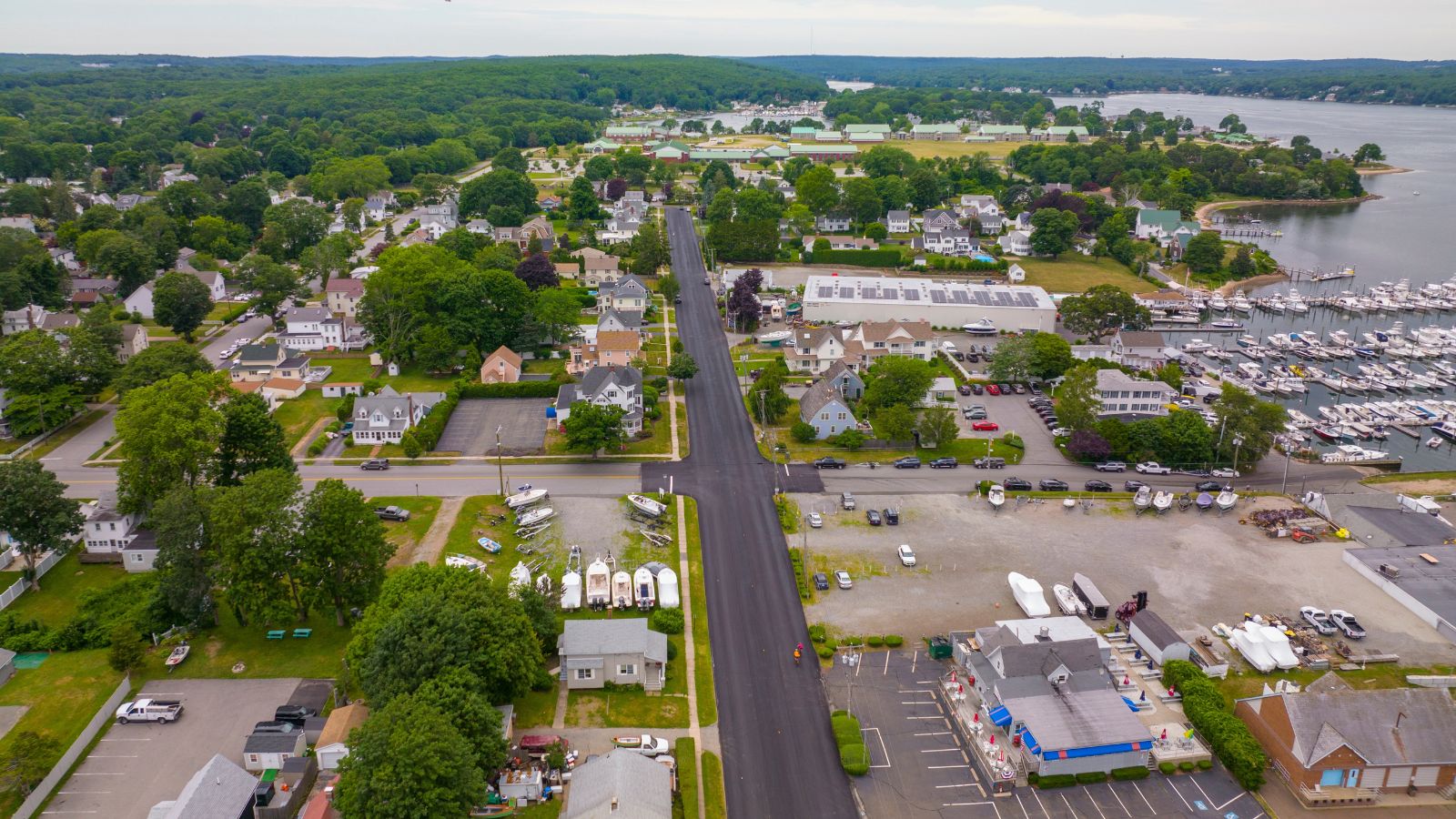Gas-powered cars are as American as apple pie and baseball, embodying the freedom of hitting the open road. But times are changing.
Concerns about climate change and air pollution have some states taking bold steps to phase out gas guzzlers in favor of cleaner alternatives. Here’s how 12 states are driving change and what it could mean for you.
California

California is doing what California does best, leading the charge (literally). By 2035, the state plans to ban the sale of new gas-powered vehicles entirely. But don’t panic yet. To help ease the shift, California is rolling out thousands of EV charging stations and offering hefty rebates to make switching to electric a bit easier on your wallet.
If you’ve been eyeing a Tesla or another EV, this might be the nudge you need. Love it or hate it, California’s bold steps are setting the tone for what’s coming nationwide.
New York

One of the most densely populated states in the country, New York has also announced plans to ban gas-powered cars by 2035. Officials are focusing heavily on urban areas, where vehicle emissions contribute significantly to air pollution. Alongside the ban, the state is investing in renewable energy sources to power its expanding EV infrastructure.
Washington

With its reputation for progressive environmental policies, Washington state has set its sights on phasing out gas vehicles within the next decade. The state government has already allocated funding to build an extensive network of EV charging stations, ensuring that rural and urban areas alike are covered. In addition to infrastructure investments,
Washington is offering tax breaks and financial gains to make EV ownership more appealing to residents.
Massachusetts

Massachusetts is taking bold steps to tackle its carbon emissions, with plans to eliminate new gas-powered vehicles as part of its strategy for a cleaner future. The state is leaning into economic incentives, like buyer rebates and grants for home charging systems, to make EVs more accessible. Public charging stations are being added everywhere, from city centers to commuter hubs.
Oregon

Known for its strong environmental values, Oregon is making significant strides toward eliminating gas-powered cars. The state’s ambitious plan includes banning new gas vehicle sales by 2035, supported by extensive investments in EV infrastructure.
Oregon is also working closely with automakers to ensure a diverse range of electric vehicles is available to consumers. Incentives like tax credits are being offered to make EVs more affordable for residents.
Colorado

Protecting its iconic landscapes is a driving force behind Colorado’s decision to phase out gas-powered cars. The state is adopting policies similar to California’s, including the same 2035 target for banning new gas vehicle sales. Officials are prioritizing the development of a robust charging network to support EV adoption, especially in rural and mountainous regions. Economic incentives are also being introduced to offset the cost of switching to electric vehicles.
Vermont

In Vermont, sustainability is practically second nature, and the state is making electric vehicles a priority. Efforts to boost EV adoption include generous rebates, low-interest loans, and expanding renewable energy sources for charging stations. Vermont’s eco-conscious population makes it a prime candidate for embracing electric vehicles, creating a ripple effect that could inspire other states to follow its lead.
New Jersey

This state is stepping up its game in the fight against air pollution, especially in its densely populated urban areas. Plans are underway to install public charging stations in high-traffic locations, while financial perks like tax credits aim to make EVs accessible to all.
With its focus on improving air quality and addressing climate concerns, the state is proving it’s ready to embrace clean energy solutions.
Connecticut

As part of its climate action plan, Connecticut has committed to banning gas-powered vehicles by 2035. The state is taking a multifaceted approach, focusing on infrastructure, affordability, and education to support the transition.
Efforts include expanding the public charging network and providing financial assistance for EV purchases. Connecticut is also working to raise awareness about the benefits of electric vehicles, aiming to dispel misconceptions and encourage adoption.
Maryland

Clean energy and equity are at the forefront of Maryland’s plans to phase out gas-powered cars.
Efforts include expanding EV infrastructure, particularly in urban and suburban areas where emissions hit hardest. Programs to ensure that underserved communities benefit from the transition are a key focus, emphasizing accessibility and fairness.
Rhode Island

Small but ambitious, Rhode Island is joining the push to ban gas-powered cars by 2035. The state is adopting California’s zero-emission vehicle standards and working to build a comprehensive network of EV charging stations.
Financial incentives, such as discounts and grants, are being offered to encourage residents to switch to electric vehicles. By taking these steps, Rhode Island hopes to significantly reduce its transportation-related emissions and set an example for other small states.
Maine

Transitioning to electric vehicles poses unique challenges for Maine, given its rural geography and long travel distances. However, the state is committed to banning gas-powered cars by 2035 as part of its broader climate goals. Efforts are underway to develop a reliable charging network that can serve both urban and remote areas.
Maine is also offering incentives to make EVs more affordable, ensuring that residents across the state can participate in the transition.
